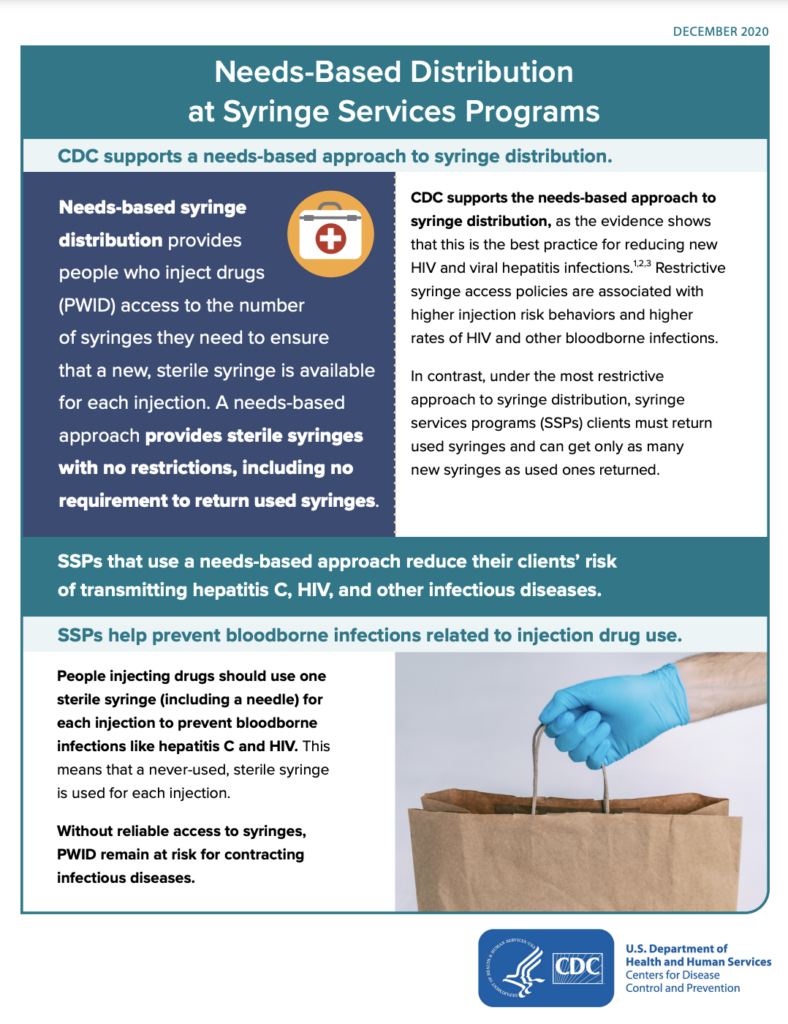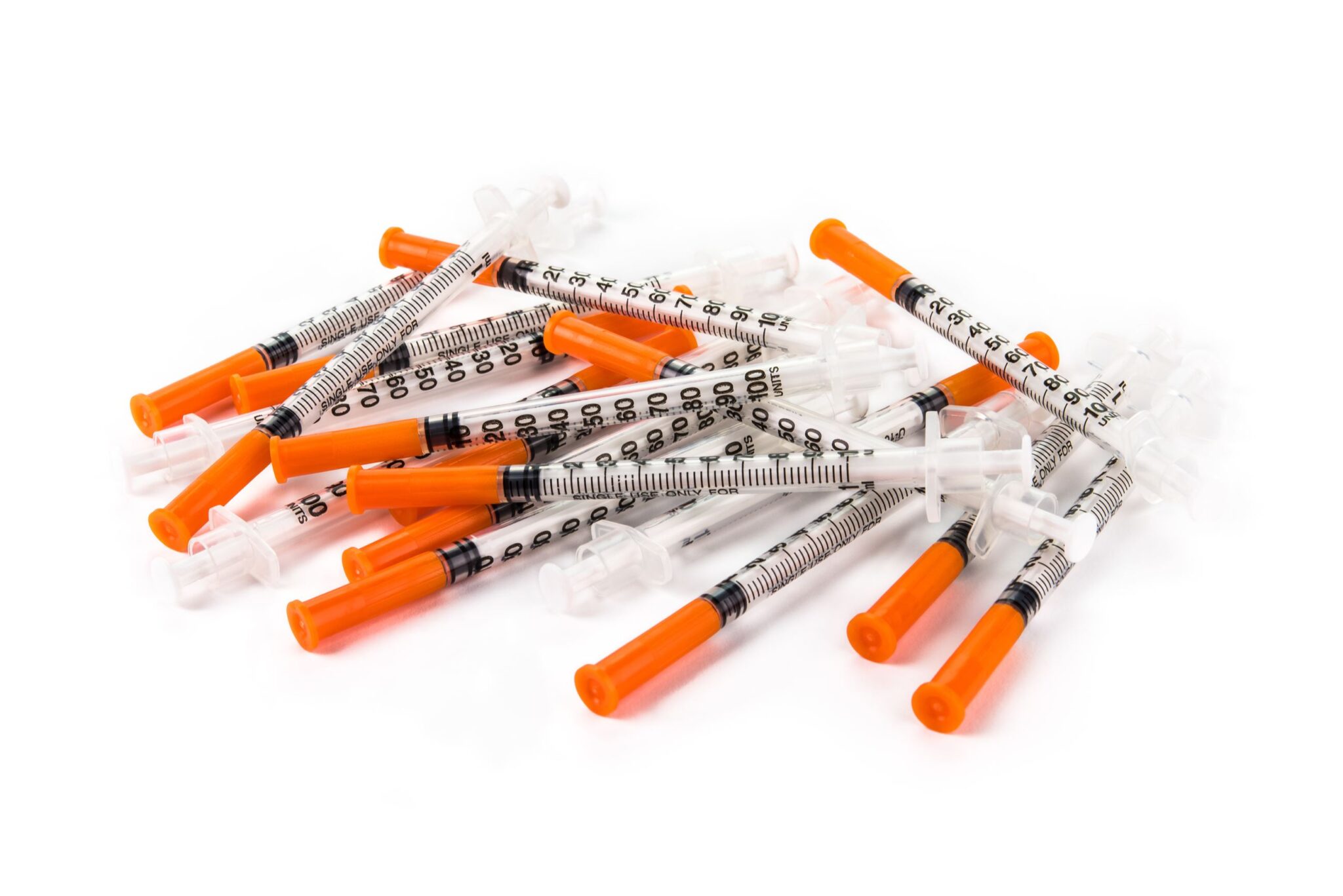Delaware syringe service programs (SSP) are no longer limited to “one-to-one” exchange, a widely criticized policy that restricts SSP from distributing sterile syringes to people who use drugs unless they bring in at least as many used ones to exchange. New legislation that took effect August 9 “directs the State’s current needle exchange program to take a needs-based approach,” the standard for public health.
Senate Bill 52, sponsored by Senator Marie Pinkney (D), means that Delaware-authorized SSP can now give people whatever number of sterile syringes they request (inventory permitting), regardless of whether they’re returning any used ones.
The bill also renamed what was formerly known as the state’s Sterile Needle and Syringe Exchange Program—it’s now the Sterile Needle and Syringe Service Program, in accordance with the updated policy.
“This movement to an as-needed basis is a good step forward, for the state and our clients,” Dr. Lynn Morrison, CEO of Brandywine Counseling & Community Services, told Filter. “If you need 10, but you only brought me five to begin with, then the likelihood of you sharing syringes significantly increased. Now, if you need 10 I can give you 10.”

Morrison said that concerns about “syringe litter” had previously held back the reform. The complaint is almost always at the center of opposition to SSP, despite widespread evidence linking SSP to a reduction in publicly discarded syringes, compared to neighborhoods that lack SSP.
“Studies on evidence-based practices show us that [the SSP] using an as-needed approach actually have lower [incidence of syringes discarded] in the streets,” Katie Capelli, an epidemiologist in the Delaware Division of Public Health (DPH), told Filter.
Capelli said that DPH is currently working on installing more safe disposal kiosks “co-located at police stations and pharmacies” in anticipation of misdirected, but nonetheless real, public concern.
“One-to-one” restrictions are particularly harmful to rural communities, where people might travel long distances to visit SSP and thus can’t feasibly access enough sterile syringes to use a new one each time they inject. This increases transmission of HIV and hepatitis C as people share syringes, and increases risk of abscesses and infection as they re-use them.
The priority of SB 52’s opponents, Morrison said, was “not so much harm reduction, but getting people into treatment and sober and in recovery.”
“While that’s a great side benefit, it is not the main reason for doing syringe services.”
Top image via Madison County, New York. Inset graphic via Centers for Disease Control and Prevention.





Show Comments